The little budgie bird is one of the most popular pets in the world, ranking just behind dogs and cats. This affectionate, cute bird is small and inexpensive, and if trained properly a budgie can mimic human speech. The origin of their formal name―budgerigar―is a mystery, but by any name, this little bird is a charming companion for most pet owners.
Budgies aren't all fun and games, though, so before you bring one home, make sure you're not in for any surprises. Here are some key things to know about budgie birds.
Click Play to Learn More About the Cute and Affectionate Budgie
- 01 of 07
All Budgies Are Parakeets, But Not All Parakeets Are Budgies
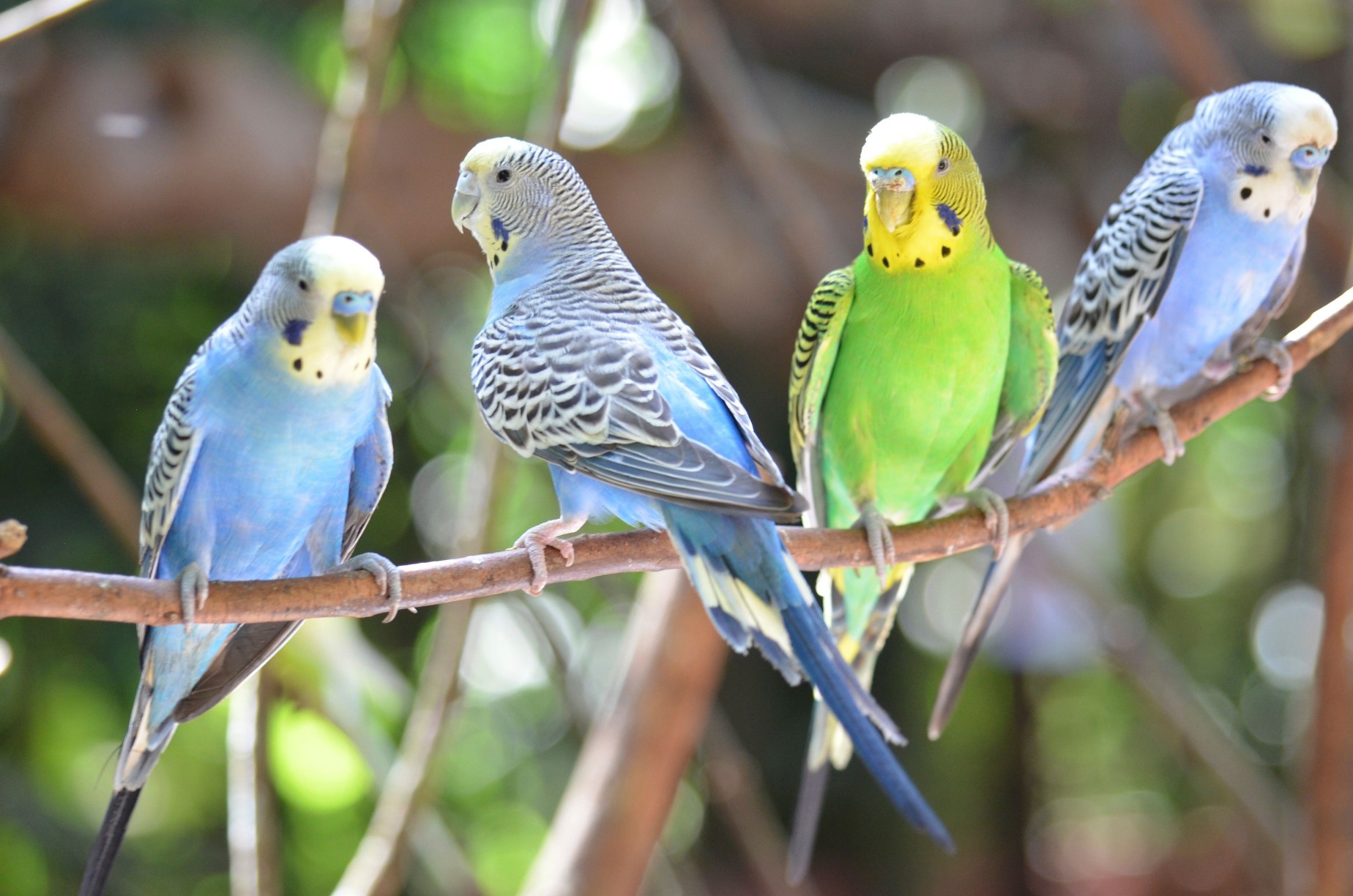
Olga Palinska / Getty Images
Some people refer to budgies by their full name (budgerigars), and some call them parakeets. But while budgies are parakeets, there are many different types of parakeets, and they come in a variety of colors, shapes, and sizes.
Some parakeets, like the Indian ringneck parakeet, are very large—reaching lengths of up to 16 inches from head to tail—while budgies are much smaller. Because of these vast differences in size and more, it is more accurate to refer to these birds by their true name.
02 of 07They're One of the Smallest True Parrot Species
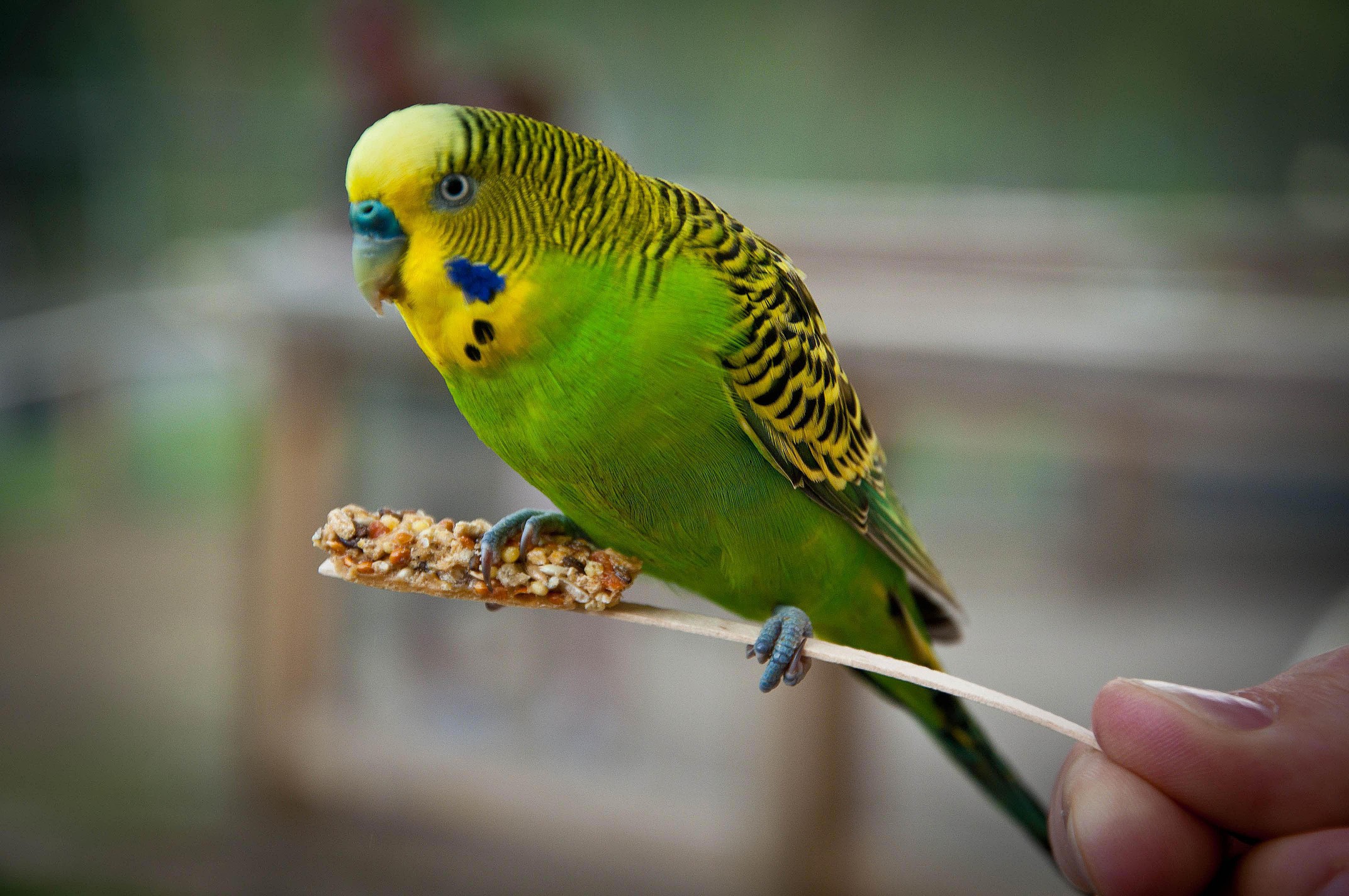
Sarah Nichols / Flickr / CC BY-SA 2.0
They're not the smallest parrots―that distinction belongs to the parrotlet―but budgies are quite tiny. Most budgies in captivity average between 7 or 8 inches from the beak to the tip of the tail. Wild budgies in their native habitat of Australia are even smaller.
03 of 07There Are Two Different Types
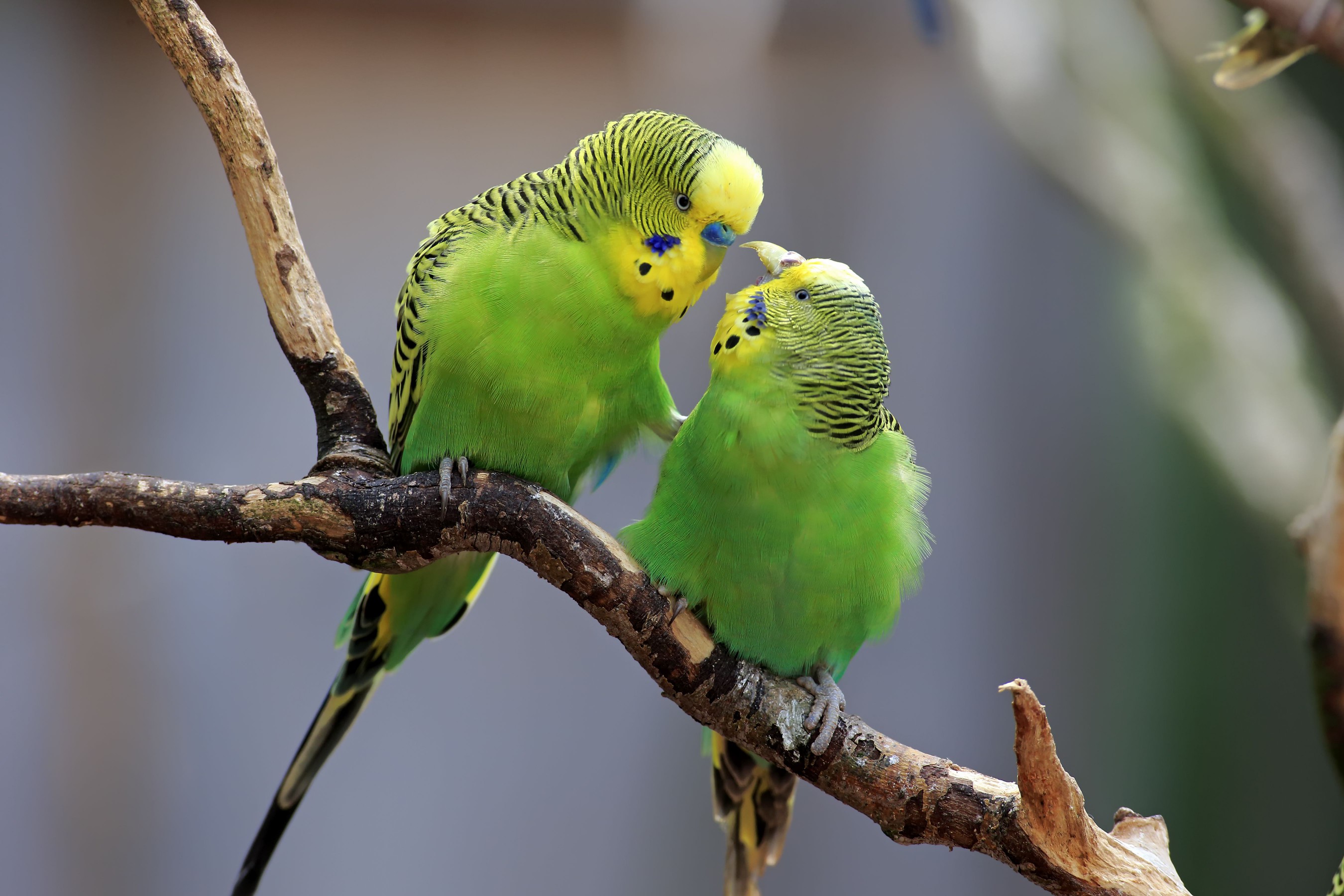
Tier Und Naturfotografie J und C Sohns / Getty Images
Not many people realize that there are actually two distinct types of budgies―the traditional budgerigar, hailing from Australia, and the larger English budgie, bred in England specifically for the show and the pet trade.
While the two are clearly both budgies, there are differences when they're observed side by side. English budgies are usually 1 to 2 inches longer than their Australian counterparts and have larger heads and puffier feathers around their faces and crowns.
04 of 07Budgies Can Learn to Talk Better Than Some Larger Parrots
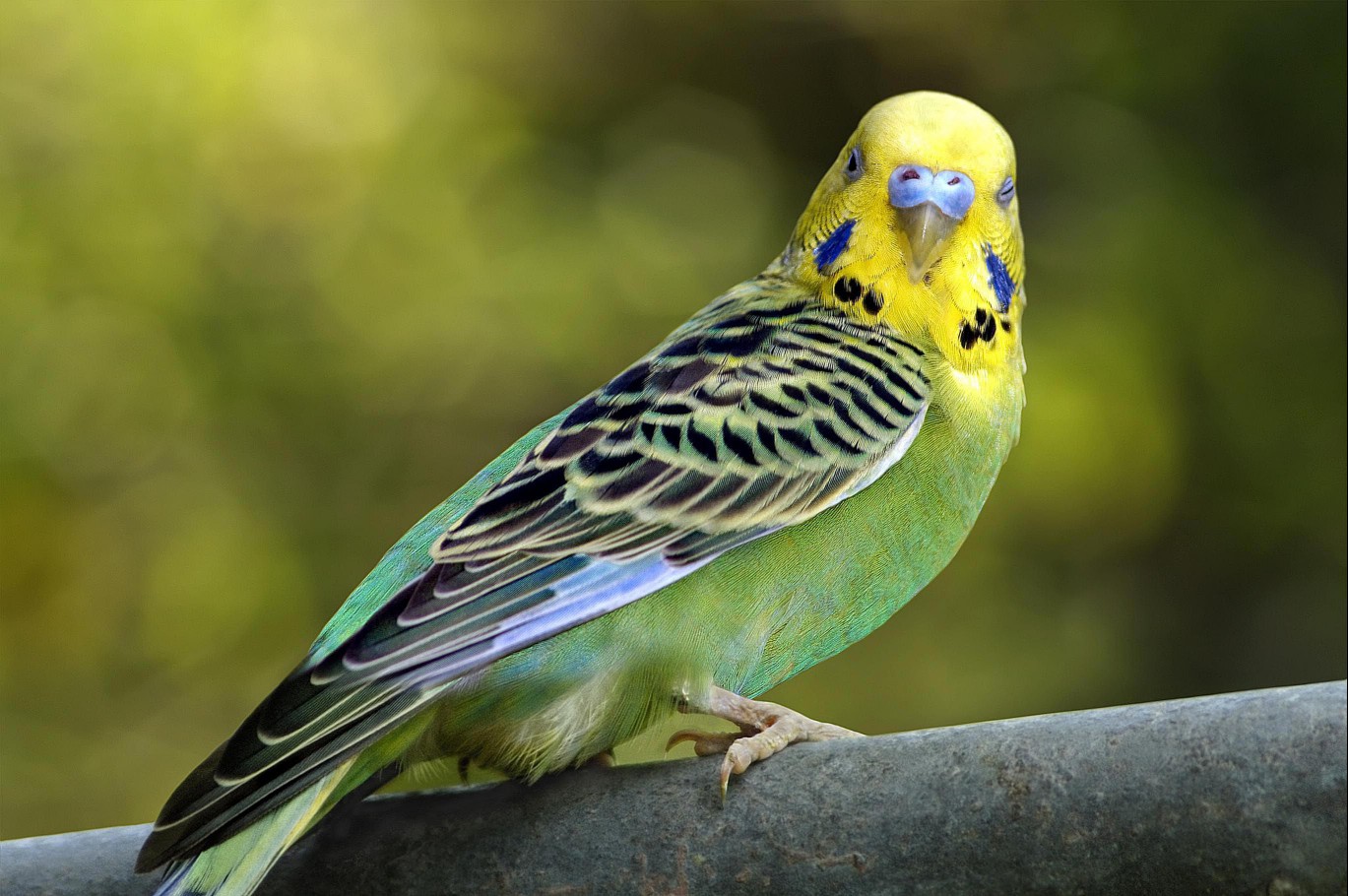
jeridu / Getty Images There's no way to guarantee that your budgie, or any other parrot, will learn to "speak." However, budgies certainly have a knack for it, and many times they speak with greater clarity and broader vocabularies than larger parrot species such as macaws and cockatoos.
While their voices are small and gravelly-sounding, budgies have an impressive ability to pick up on human words and phrases, and even using them in proper context sometimes. They are a great choice for those new to bird ownership who want to own a talking parrot.
Continue to 5 of 7 below05 of 07Green Is the Only Natural Color for Budgies
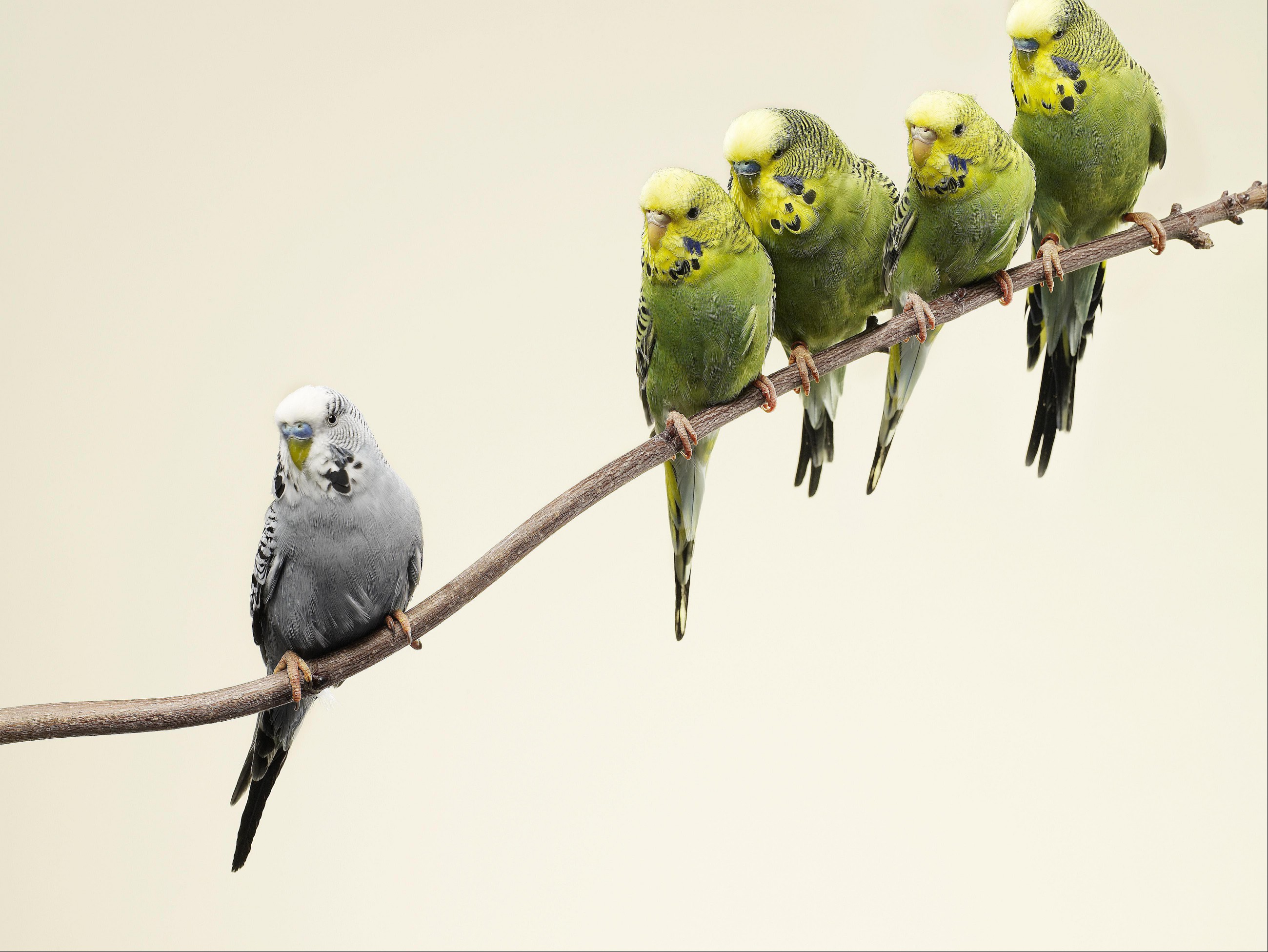
Michael Blann / Getty Images While people are normally accustomed to seeing a variety of colored budgies for sale in pet shops, the only natural color of budgies in the wild is the yellow/green variety. All other budgies, including the blue budgies, white budgies, and others, are color mutations bred specifically for the pet trade. There's nothing wrong with these birds, but don't expect to see a blue budgie in the wild.
06 of 07Budgies Need a Varied Diet
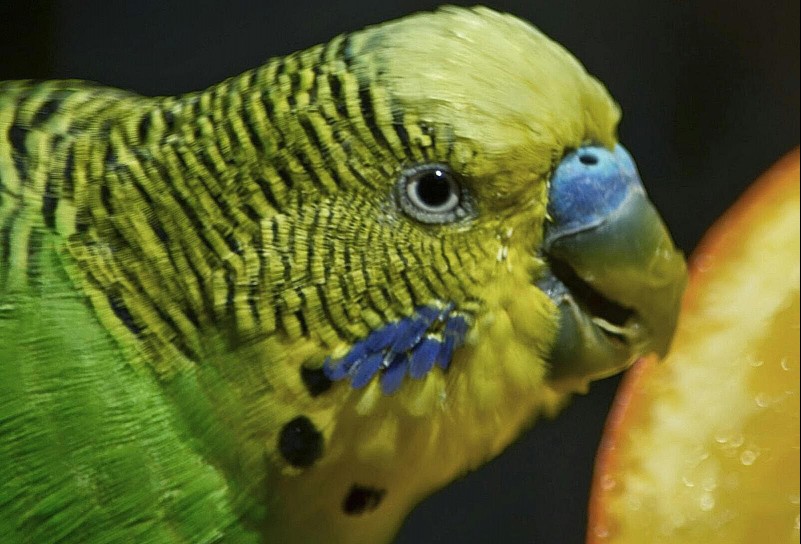
Hani-Hans Mograby / Getty Images
Since they're small, budgies are relatively inexpensive to care for and feed. But contrary to popular belief, a diet consisting only of seeds is not good for a small bird like a budgie, and can even cause health problems.
Veterinarians recommend a budgie diet that includes pellets and fresh fruits and vegetables including leafy greens. It's okay to feed budgies a small amount of seeds as part of this diet, as long as the base of their diet is pellets, vegetables, and small amounts of fruit. Don’t feed them harmful foods, such as sugary foods, salty foods, caffeine, chocolate, avocado, or alcohol.
The 9 Best Parakeet Foods of 2025
07 of 07Budgies Live Between 7 and 15 Years
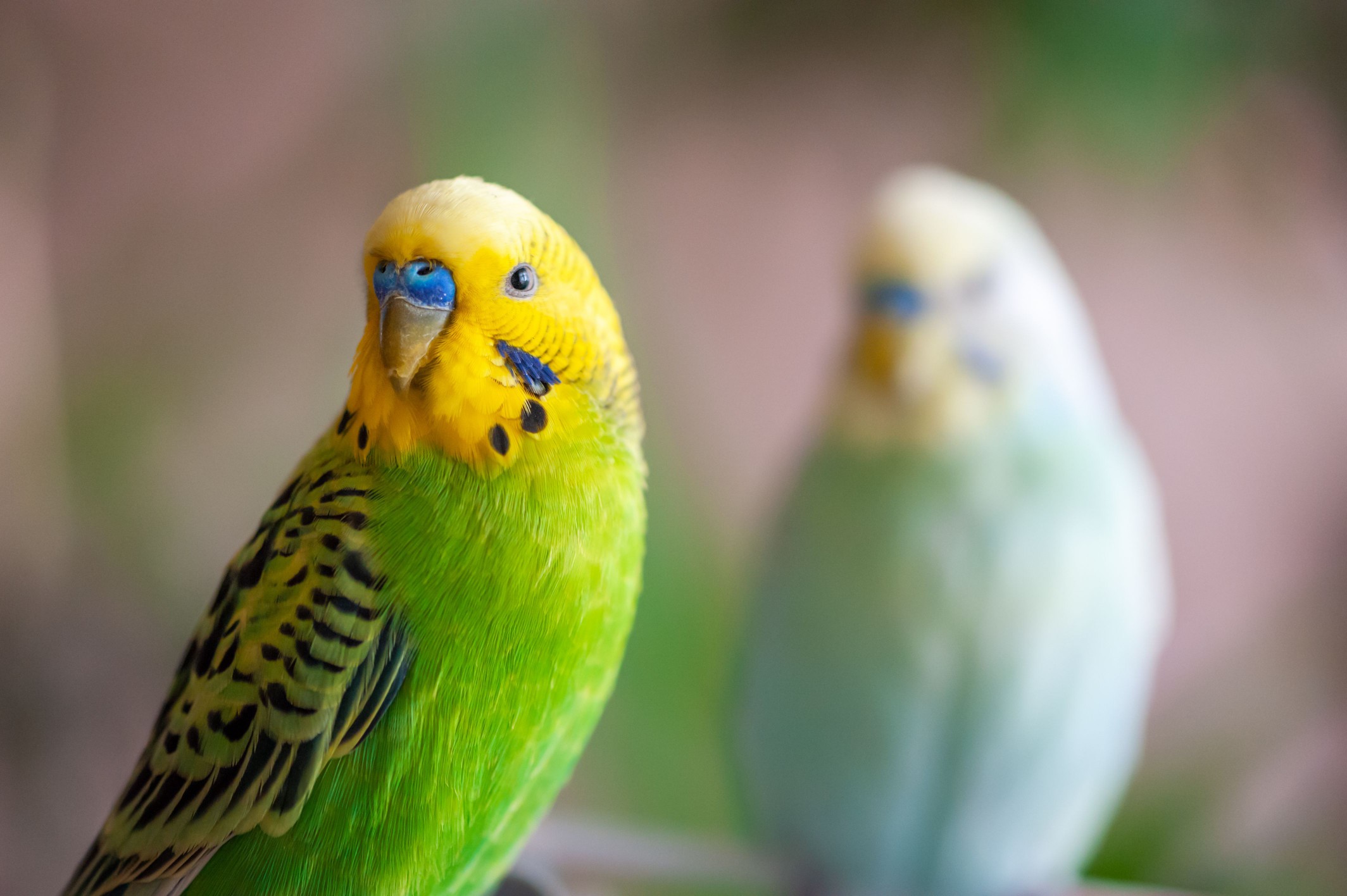
Philippe LEJEANVRE / Getty Images
With proper care in captivity, a budgie can live 7 to 15 years on average. Their genetics will play a role, so getting a budgie from a reputable breeder who can give you information on the parents is best.
To help your pet live a long, happy, and healthy life, feed them the highest quality diet, see a veterinarian regularly to catch problems early, and keep your pet in an area of your home where they won’t be exposed to toxins or dangers, especially if you let them out of their cage. Also, keep their cage clean and provide them with enrichment in the form of toys, cuttlebones, and daily interaction.
FAQ- How can you tell how old a budgie is?
There are a number of ways to figure out the age of your budgie. Look at the stripes on their head: if they reach down to the beak, they're 3 to 4 months old. View the colors of their beak: dark—like black—beaks are a sign that your budgie is under 12 weeks old. Next, take a look at your bird's eyes: black eyes, with no visible irises, show the bird is less than 5 months old, but if the budgie has a white iris ring, they're at least 8 months old.
What's the difference between a budgie and a parakeet?All budgies are parakeets, but not all parakeets are budgies. The most popular kind of parakeet is the budgerigar, nicknamed the budgie. Budgies are the most common parakeet, and they're native to Australia.
How do you help a molting budgie?If your budgie is molting, they will be itchy. Give them a shallow dish of water to use to bathe. You can also use a plant mister to give them a spritz.
RECOMMENDED NEWS
 small-birds
small-birdsWhat Are the Differences Between Parakeets and Budgies?
The truth is that parakeets and budgies are actually one and the same. The birds that we commonly c...
Read More → medium-birds
medium-birdsCherry-Headed (Red-Masked) Conure: Bird Species Profile
The cherry-headed conure, also known as the red-masked conure, is a medium-sized parrot that is ver...
Read More → bird-breeds
bird-breedsUmbrella Cockatoo (White Cockatoo): Bird Species Profile
A sweet-natured species, umbrella cockatoos can be overly affectionate—bordering on obsessive—w...
Read More → bird-breeds
bird-breedsBlue and Gold Macaw: Bird Species Profile
Beautiful, captivating, intelligent, and majestic, blue and gold macaws are one of the most po...
Read More → bird-breeds
bird-breedsBlue-Fronted Amazon Parrot: Bird Species Profile
Blue-fronted Amazon parrots are among the best-talking birds kept as pets. They have brilliant colo...
Read More → bird-breeds
bird-breedsGalah (Rose-Breasted) Cockatoo: Bird Species Profile
The rose-breasted cockatoo, best known by its native aboriginal Australian name "galah," is...
Read More → bird-breeds
bird-breedsYellow-Naped Amazon Parrot: Bird Species Profile
Yellow-naped Amazon parrots are intelligent creatures that make excellent pets for owners who want ...
Read More → bird-basics
bird-basics5 Signs Mean Your Bird May Be Sick or in Pain
While it's true that some birds are able to "talk," they aren't able to tell their owners if they a...
Read More → bird-basics
bird-basicsStress in Pet Birds
Stress can play a large role in the overall health of both humans and their companion animals. Beca...
Read More →
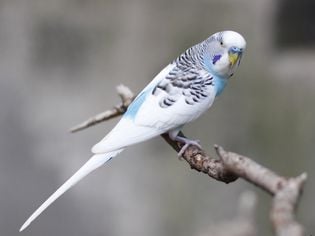
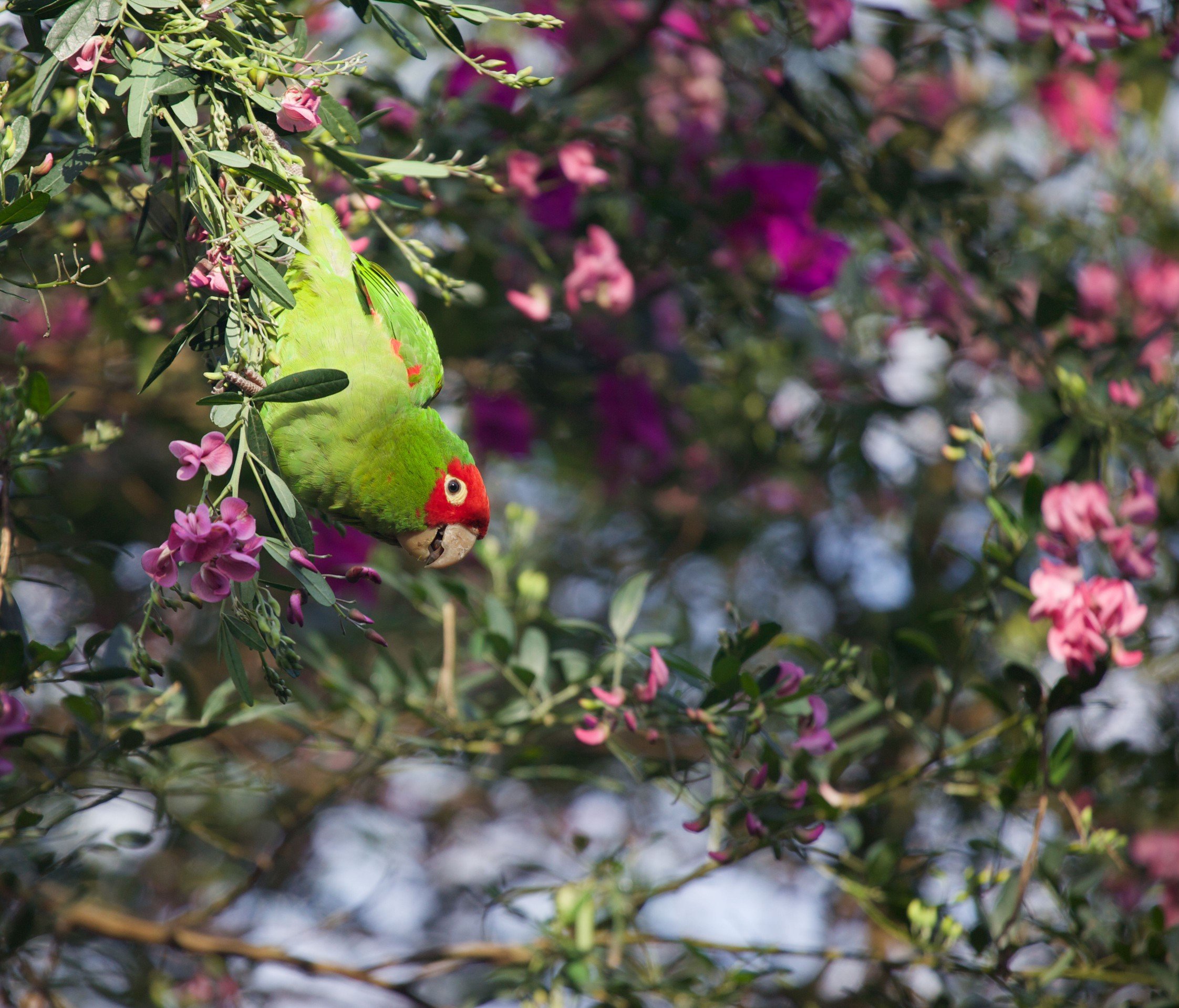
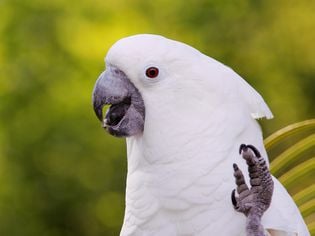
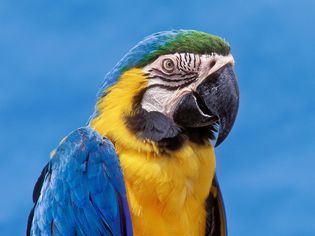
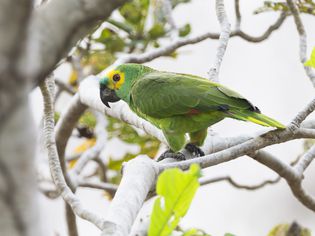
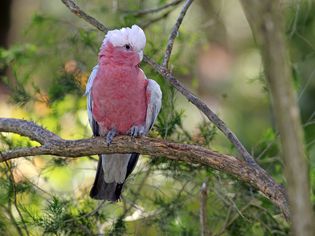
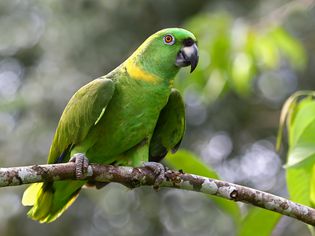
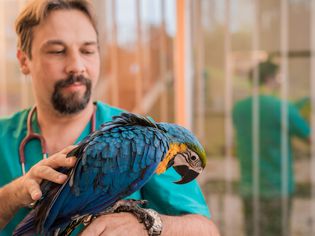
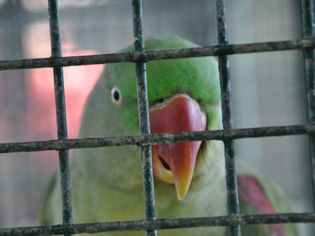
Comments on "A Guide to Pet Budgie Birds" :